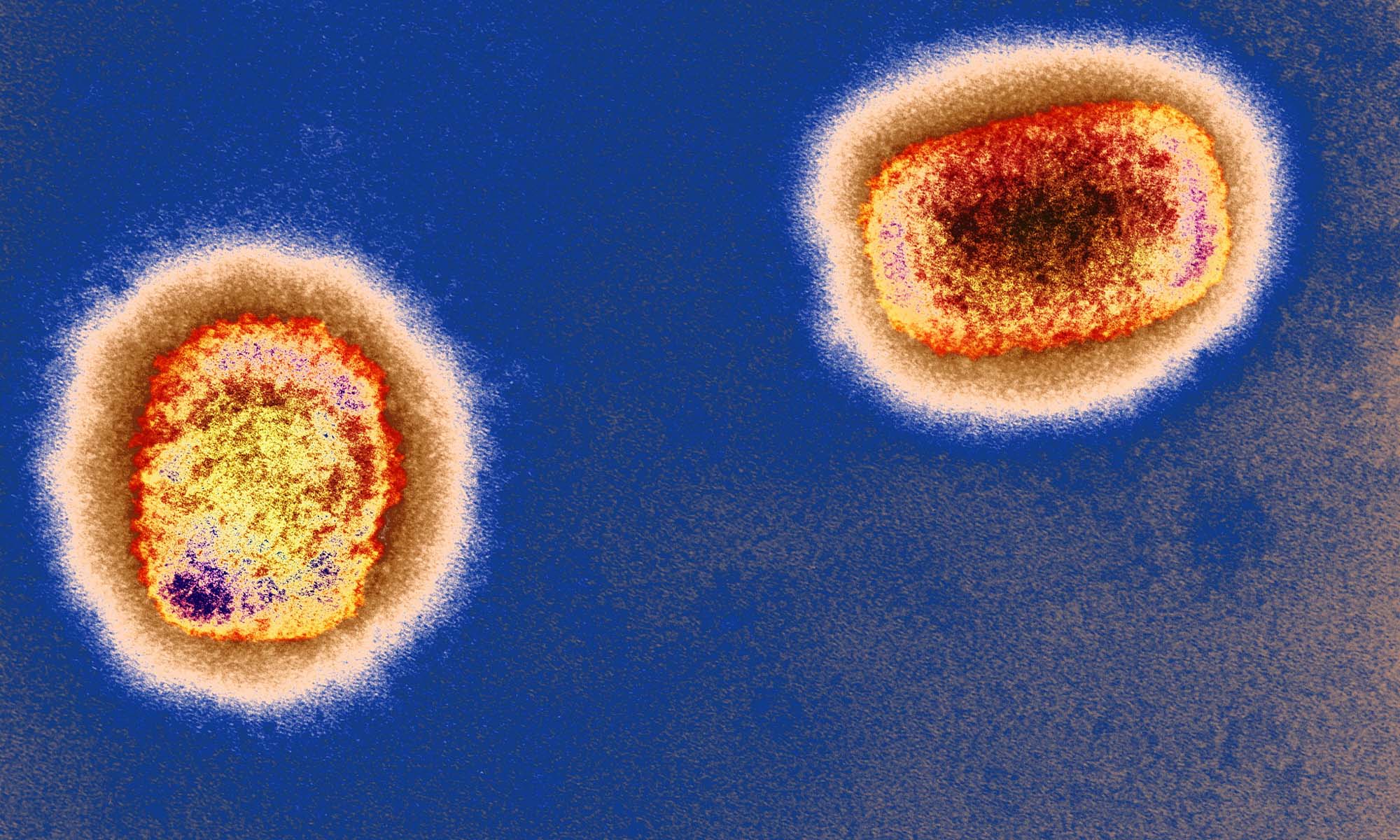
The monkeypox virus Photo:VCG
As the World Health Organization (WHO) warned of more monkeypox cases worldwide, China has been paying close attention to the virus and evaluating the situation, but experts believe that a large-scale domestic outbreak is unlikely and suggest preparation of testing and treatment capacities in advance.
Ninety-two confirmed cases and 28 suspected cases of monkeypox have been reported as of Saturday in 12 countries where the disease is not endemic, including the UK, Spain, Portugal, Switzerland, Canada, Australia and the US. More cases are anticipated when the monitoring expands to more places.
WHO officials expressed concern that more infections could turn up during the coming summer months as people gather for festivals, parties and holidays.
Oyewale Tomori, a professor of virology in Nigeria told the Global Times the monkeypox virus was named after it was first discovered on lab monkeys in 1958. The first human infection was found in 1970 — a 9-year-old Nigerian boy.
Tomori said there is no need to worry too much about monkeypox, since it does not spread as quickly as the novel coronavirus after certain measures.
Although no case has been reported so far in China, Chinese research institutions and experts have been paying close attention. The rare cases outside known epidemic areas of Africa suggest a potential epidemic in those places, posing a risk to China.
As many countries have lifted bans for international travel, there is high risk of continued transmissions, an expert with the Chinese Center for Disease Control and Prevention told the Global Times on Sunday on condition of anonymity.
But the monkeypox virus is not as contagious as the coronavirus and usually requires continuous physical contact. One could contract the disease by close contact with infected patients, animals and contaminated objects through damaged skin, respiratory tract, eyes, nose and mouth.
According to WHO official David Heymann, an infectious disease specialist, monkeypox is now being sexually transmitted as most of the cases are detected at sexual health services.
The CDC expert said that China's COVID-19 control measures in place and largely reduced international arrivals minimize the risks of contagion in China.
There is no specific vaccine for monkeypox but data shows that vaccines used to eradicate smallpox are up to 85 percent effective against monkeypox, according to the WHO.
Smallpox vaccines were no longer given to children since the disease was eradicated worldwide in the 1980s. Some countries have stockpiles of the smallpox vaccine as part of pandemic preparedness, including the US.
Popularization of knowledge about monkeypox should be carried out and monitoring on relevant symptoms should be conducted, experts said, noting testing tools, vaccines and treatment should be prepared in advance.
Testing kit manufacturer Sansure Biotech in Changsha, Central China's Hunan Province announced on Sunday it is promoting the overseas registration of its nucleic acid test kit for monkeypox.
The Global Times learned from the company that the testing kit is undergoing CE registration in EU. The test for monkeypox is faster than for COVID-19, eight minutes via POCT and 96 samples can be tested in half an hour via PCR.




